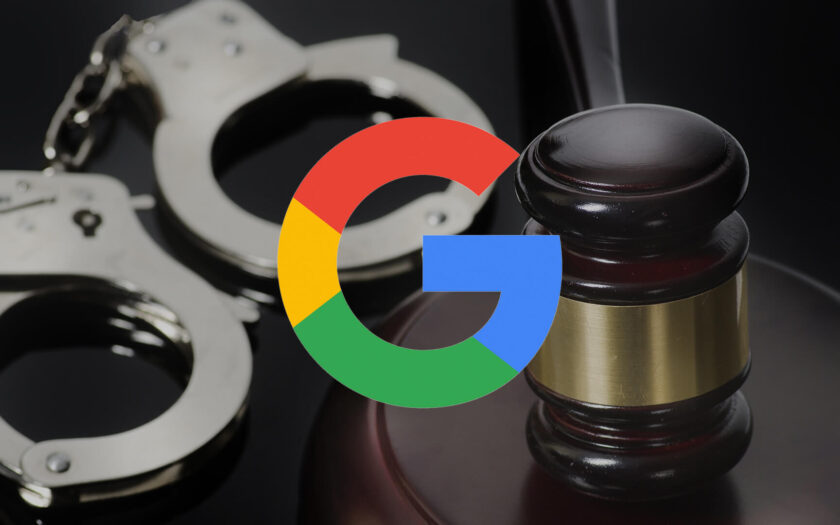“First, how will Chrome earn revenue? Most likely through selling user data, which brings us to our second issue. Many governments are pushing privacy restrictions that limit user data collection.
“So the DOJ would be forcing Chrome out on it’s own with a pocket full of rapidly deteriorating assets and likely restrict Google from doing business with them. Sounds like a gift to Firefox and Edge.
Kirk Williams, founder of PPC agency Zato, recognises the negative effect Government can have in the industry:
“Government can slow down innovation / make things unnecessarily complex / expensive when it gets involved, so it’s unfortunate that the market hasn’t corrected itself enough for the government to pay attention, especially since the US government tends to be very slow when it comes to anti-trust cases. I.e., if the US calls you a monopoly, the rest of the world has called you that for years already.
“So overall, I don’t really think gov involvement here would do what it is supposed to do, but I also understand why at this point the gov is like “look someone’s gotta do something”.
Speculative/thoughtful perspectives
Jared Silverman, senior director of paid search, is curious about potential competition impacts:
“I’m more curious about how this could impact things like competition or user experience—whether it opens doors for smaller players or just shifts the dynamics.
“It’s hard to imagine smaller players being in a position to acquire something this massive even if a coalition or consortium formed. If not them, it makes me wonder—would it just lead to another big tech player stepping in and maintaining the status quo?
“If that’s the case is the DOJ really resolving the underlying issue? Or is this just a cosmetic win targeted at a well publicized win with Google?”
David Mihm, search behavior analyst, feels overarching regulations need a lot more work:
“Firefox has made it mostly fine so far until recently (and arguably would have done better if it didn’t have to compete with Chrome) by selling search distribution deals (yes, ironically, to Google).”
“But imagine a world in which Bing, OpenAI, Google, and potentially Apple are all competing for default search engine status on the #1 browser?”
“These are reasonable arguments, but in my mind, they highlight the need for bigger-picture regulation here in the United States, mirroring the EU’s DMA, and don’t justify NOT forcing Google to divest Chrome.”
Broader concerns about information access
Nicholas Putz, fractional CMO, is worried about potential bias and manipulation of search results:
“In a world increasingly reliant on digital information, a dominant browser could become a gatekeeper, shaping public perception and discourse.
“It’s also important to remember the potential impact on innovation. A forced sale could stifle Google’s ability to invest in and develop Chrome, potentially hindering progress in web browsing technology.
“While alternative solutions exist, Chrome’s widespread use makes this a critical issue with far-reaching implications especially as it pertains to bias, speeds, and censorship akin to China.
“This situation underscores the need for continued vigilance and a commitment to an open and accessible internet.”
Pragmatic outlook
Harrison Jack Hepp, PPC strategist, questions Chrome’s ability to generate revenue independently:
“My question is if Chrome can even continue to exist in the same way it does currently without being subsidized by the behemoth that is Google Search.
“How does it even begin to generate the revenue needed to make it a worthwhile investment for someone or to exist on its own.”
Julie Bacchini, president and founder, Neptune Moon, doesn’t think there is need for concern yet as several aspects of the case could change:
“So this is just a proposed remedy from the Department of Justice. It has not been ordered by the judge, only presented to the judge. Ruling on this matter will not happen until spring. And by that time, the DOJ will be run by someone else, so all of this could radically change by then.
That being said, even if this was the decision handed down by the judge, it would be appealed and that would take years to get sorted out. So, none of this will happen any time soon, if it ever does.
Dig deeper. How a Google breakup could change the PPC industry
More quotes of note
Wired spoke to several key executives about the case:
Guillermo Rauch (Vercel CEO): Google is “monopolizing this very important piece of software infrastructure”. As the leader of a company that makes tools for websites that rely on traffic from Google, he wants to see Chrome’s leadership taken from Google. He believes Google is “stacking every advantage they can by monopolizing this important software.”
Gabriel Weinberg (DuckDuckGo): Remedies would “free the search market.”
Kent Walker (Google): Proposals are “staggering” and “extreme.”
The skeptics’ view
Former Google executives doubt government intervention will significantly change user behavior, believing innovation, not regulation, will ultimately challenge Google’s dominance.
The tech giant calls the proposals “extreme” and warns they could compromise product quality and user experience.
What’s next?
Judge Amit Mehta must decide on potential remedies by August.
There is a potential years-long appeals process.
Uncertain impact of proposed changes.
